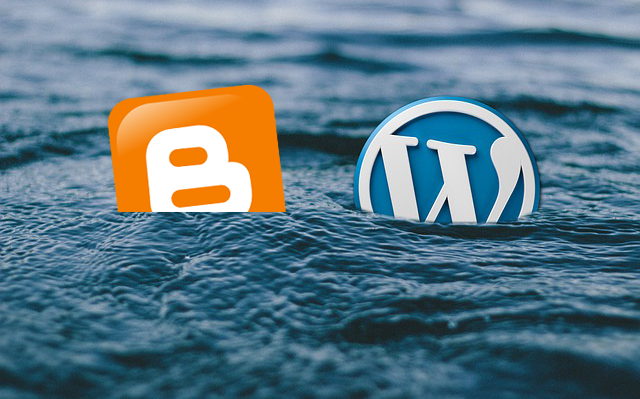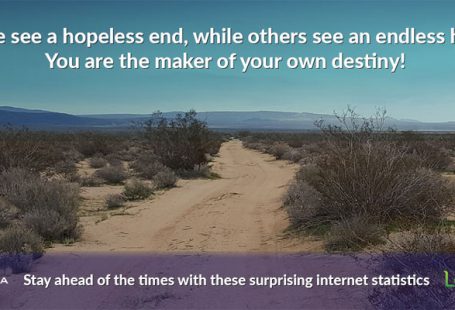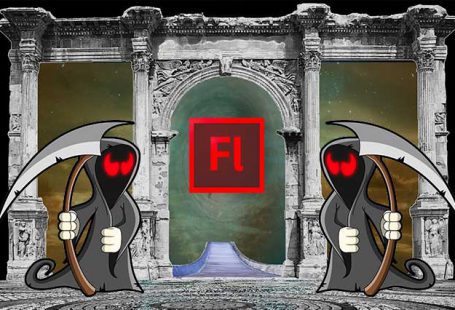 Blogger and WordPress are two of the leading content publishing platforms available to consumers. For those making their first foray into website ownership, knowing which platform suits your needs is critical. So let’s do a quick rundown of the basic similarities, the differences, and the pros and cons of both Blogger and WordPress.
Blogger and WordPress are two of the leading content publishing platforms available to consumers. For those making their first foray into website ownership, knowing which platform suits your needs is critical. So let’s do a quick rundown of the basic similarities, the differences, and the pros and cons of both Blogger and WordPress.
Blogger is a very popular blog-publishing platform that is owned by Google. Because of Google ownership, the Blogger user experience differs from WordPress in a number of different ways. One of the most striking differences between the two platforms is in the area of website ownership. With Blogger, Google is the sole owner of your website; you are essentially “renting” your site. With WordPress, sole ownership of the website belongs to you. Now this difference has profound implications for both platforms.
Google ownership affords Blogger users with certain advantages, whilst simultaneously placing particular limitations.
- Blogger is a free service, that is also very reliable; thanks in part to Google’s infrastructure.
- Blogger users do not have to worry about site maintenance, your site is fully maintained and controlled by Blogger.
- You get to take advantage of 1GB of free storage space, Google’s secure platform, easy integration with Google+ and Google AdSense.
- Website hosting is free, however your site will come with a sub-domain name such as .blogspot.com
- Because of Google ownership, they can shut down your site and your access to it at any time.
- Blogger is a very limited service in terms of the tools it gives to complete certain tasks.
- Blogger has a limited number of templates, this means the appearance of your site is very limited
WordPress users are allowed a lot more freedom in certain areas, but it comes at the price of more user responsibility.
- Unlike Blogger, WordPress users need to maintain their website themselves; this includes security, creating backups, and managing server resources.
- With WordPress, you own your own website. This means you will have to register your own unique domain name, this comes with a modest yearly fee. In addition you also are responsible for securing storage hosting.
- WordPress users are afforded a lot more freedom in terms of their site’s appearance, and functionality.
- WordPress allows their users to utilize thousands of available plug-ins, whereas Blogger users are only afforded a modest number of simple gadgets.
In the end, WordPress seems to be a more viable solution for those seeking long term longevity and success for their website. Blogger will take care of the housekeeping, but it limits their user’s sites to a very particular set of functions. WordPress gives you the responsibility, and it lets you reap the reward.





